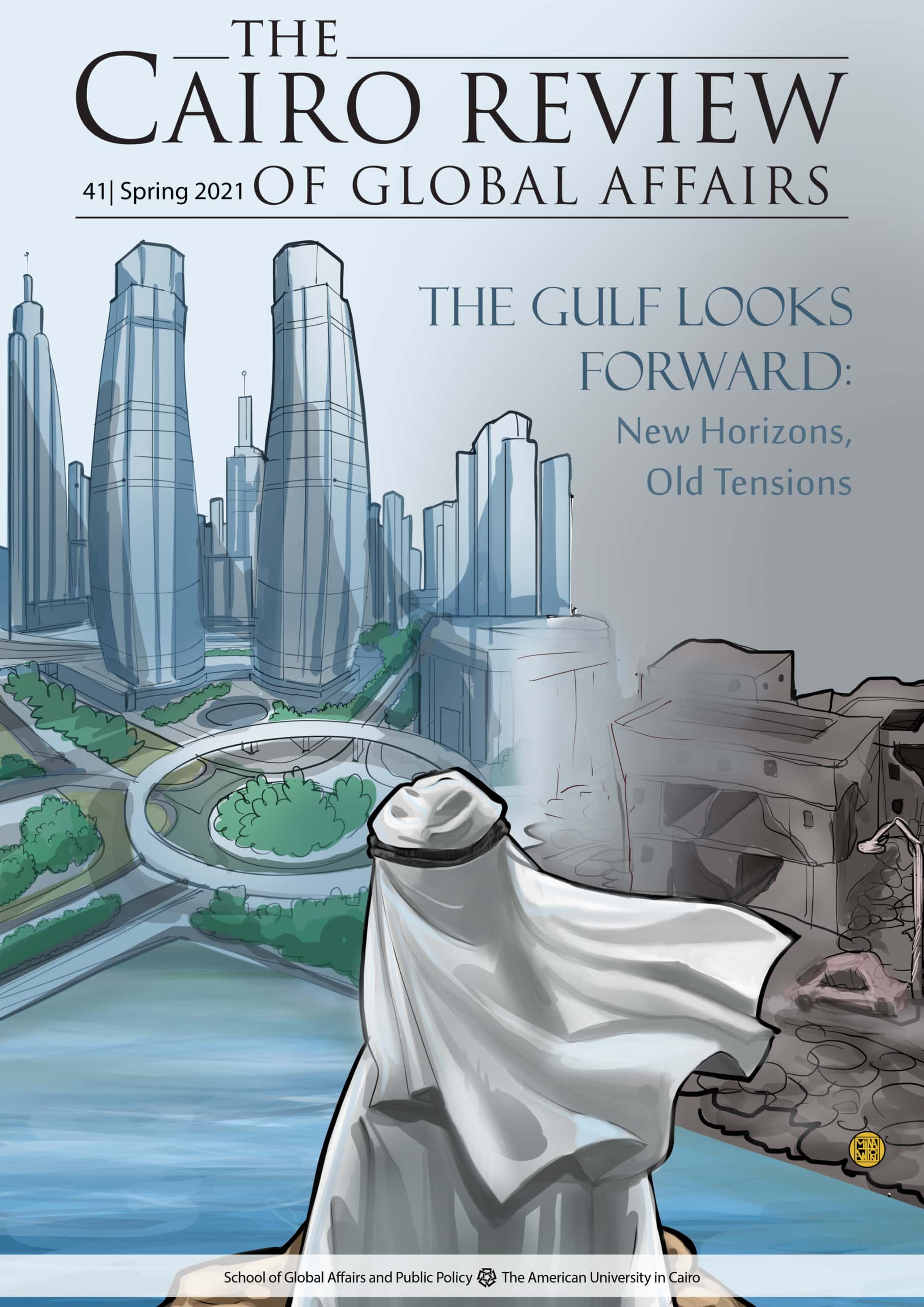Transforming Domestic Extremism in the United States
In the aftermath of the Capitol insurrection, efforts to counter domestic extremism should address the social and structural dynamics that contribute to violence.

In less than 50 years, the countries of the Gulf – Bahrain, Kuwait, Oman, Qatar, Saudi Arabia and the United Arab Emirates – have gone from little more than desert trading posts and fishing villages to thriving centers of global commerce and international influence.
But the path forward could prove to be a rocky one if economic and social reforms are not carefully measured and regional threats of war and civil strife are not kept in check.
In the aftermath of the Capitol insurrection, efforts to counter domestic extremism should address the social and structural dynamics that contribute to violence.
The possibilities and risks of Yemen embracing peace and stability after a long period of internal civil war remain bleak.
By harnessing national confidence, proactively dealing with regional security concerns and exercising geopolitical cooperation, the UAE is positioning itself as a regional powerhouse.
The once booming strategic alliance between Riyadh and Washington has weathered a number of regional storms but is beginning to show wear and tear.
To reach an agreement on Iran’s nuclear program and provide an effective security apparatus across the region, all Middle Eastern countries need to move beyond a zero-sum mentality.
Gulf family companies and businesses must learn to wean off the Kafala system that has created short-sighted dependency on elite migrant workers, much like the flawed Janissary model of governance.
To successfully reinvent their economies, Gulf states must move past the deadweight of legacy policies and their adverse consequences.
To realize shared priorities and fulfill the Persian Gulf’s potential as a global cornerstone for energy and trade, hardline Gulf states must acquiesce to waning U.S. hegemony and pursue reconciliation with Iran.
Sustainability and longevity of a thriving cultural sector in the Gulf must be treated as a priority, which is why long-term planning is essential in order to ensure the ability of the art field to meet with both current and future challenges.
Ethiopia’s obstinance puts the region at a sensitive crossroads again
Women and children migrant voices, especially after the pandemic, must be amplified in discussions around the Global Compact, which aims to bring world governments in line with good and safe migration governance.
The AKP’s political messaging tactics have undergone significant change over time, but remain an important strategic tool for the party.